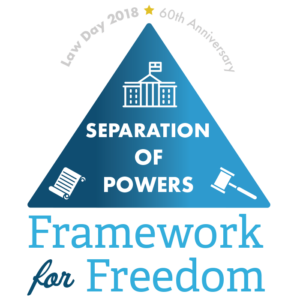On behalf of the Mendik Library, I want to extend my welcome to the Class of 2021-22. We are all looking forward to meeting you as you embark on this challenging and exciting journey.
We have worked hard to make your library a comfortable study and learning environment. The Mendik Library is a vibrant and dynamic information and research center. You can be assured that you are getting the benefit of an outstanding collection of information and technology resources, an extensive offering of services, and an excellent and dedicated library staff.
We describe our resources and services in great detail on our web pages and handouts. What you might not realize from these publications is the outstanding quality of the Mendik Library Staff and why that is important to you. Our staff includes ten professionals with master’s degrees, six of whom also have J.D. degrees from law schools around the country. They have been where you are going. Your librarians have many years of experience working in law libraries and teaching legal research. Many also have years of legal practice experience. They can help you with your library and research needs, of course, but their value to you goes far beyond that. Do not hesitate to ask us questions about the law school, particular courses, or any of the extracurricular activities available. We can help you, or we will direct you to the best person to give you the help you need.
Law school is a new experience for each of you, and we are committed to making that experience a rewarding one. We welcome the opportunity to work with you throughout your law school career and thereafter as alumni.
Welcome! We hope the library will quickly become your second home.
Sincerely,

Professor Camille Broussard
Library Director & Associate Dean



